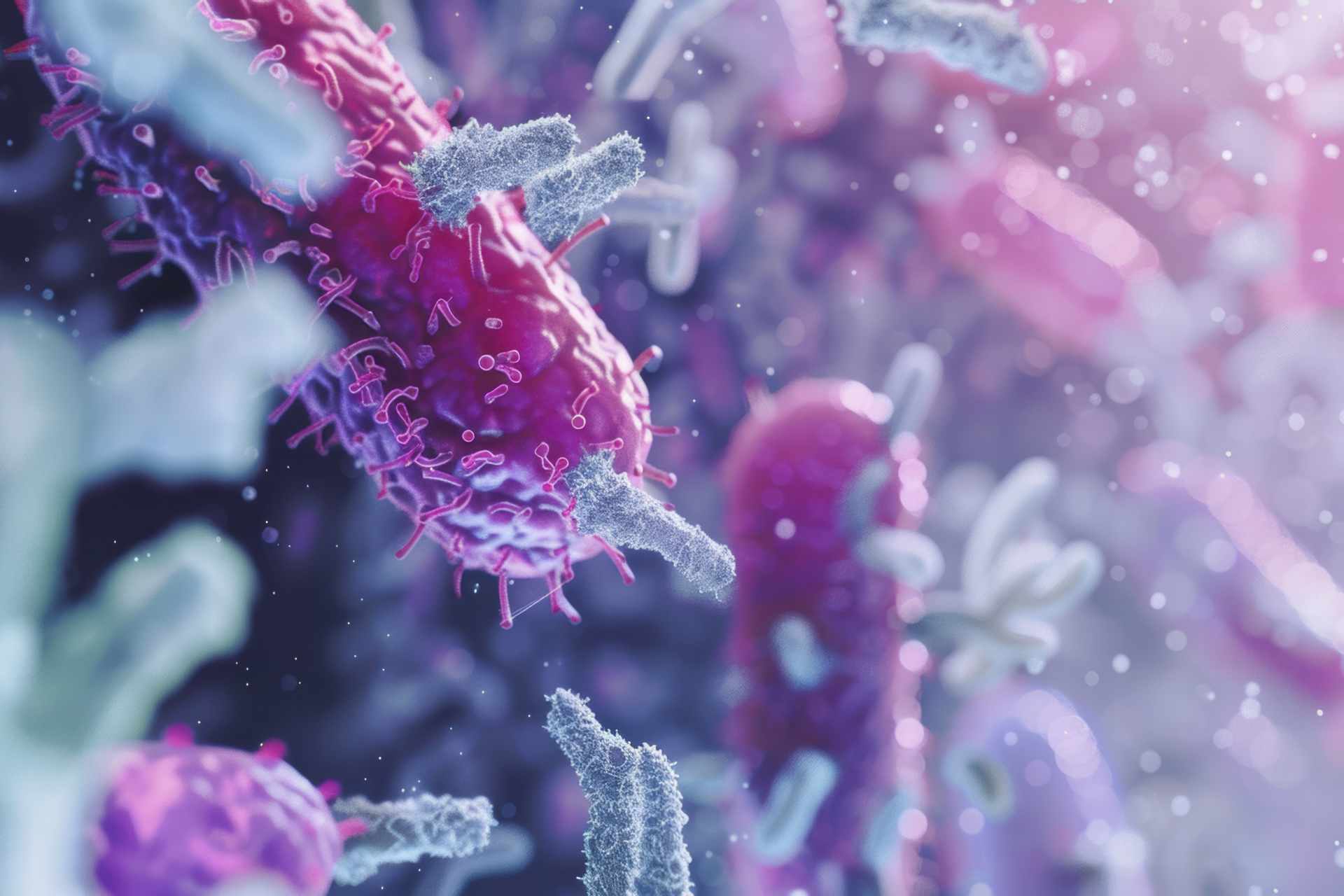Diet can influence both disease progression and how well drugs work by altering metabolism, hormone levels and how the body processes medications. Now, a study in mice showed that certain plant compounds in the diet can be transformed by gut bacteria into metabolites that speed up drug breakdown in the liver, reducing the efficacy of cancer therapies.
The findings, published in Cell, suggest that plant compounds and gut microbiota activity influence how cancer drugs work and should be considered in treatment.
In animal models of cancer, a low-carb diet boosts the effectiveness of some treatments. A type of compounds called phytochemicals, which are abundant in whole foods, can also affect drug metabolism and treatment outcomes when processed by gut bacteria. However, many of the effects of phytochemicals are still not fully understood.
Asael Roichman at Princeton University in New Jersey and his colleagues set out to investigate how diet modulates the efficacy of a type of cancer drugs called PI3K inhibitors.
Highly processed diet
To understand whether something other than a low-carb diet helps cancer drugs work better, the researchers created a high-carb, highly processed diet (CPD) made from purified ingredients, including many modern human foods.
In mice with pancreatic tumors, both the low-carb diet and the CPD diet improved the efficacy of a type of PI3K inhibitor called alpelisib. However, the diets alone didn’t slow tumor growth.
The CPD diet was as effective as the low-carb diet in boosting alpelisib’s cancer-fighting ability, but with fewer side effects. This benefit was also seen with other similar cancer drugs and in mouse models of breast cancer.
Improved efficacy
When mice were given antibiotics to reduce or eliminate their gut bacteria, the cancer drugs worked better, even without changing their diet. This effect was similar to what happened when mice were fed a CPD diet.
Further experiments showed that soy phytochemicals in standard rodent chow are converted by gut microbes into compounds called soyasapogenols, which activate liver enzymes that speed up drug clearance. This reduces the alpelisib’s cancer-fighting ability. In contrast, low-carb diets lack these phytochemicals, resulting in slower drug breakdown and improved efficacy.
Understanding how diet and the microbiota affect drug metabolism could help make treatments safer and more effective, the authors say. “Incorporating dietary measures into studies of new or repurposed drugs can contribute to such efforts.”









